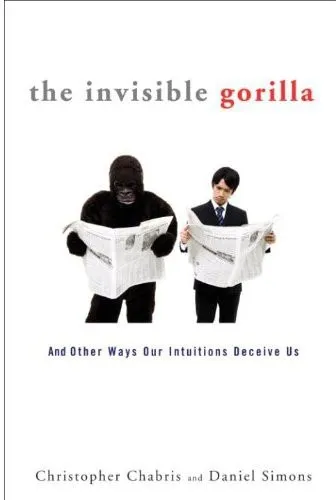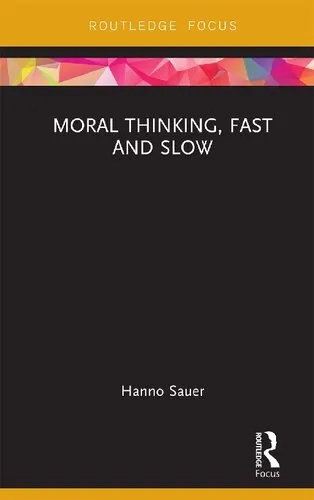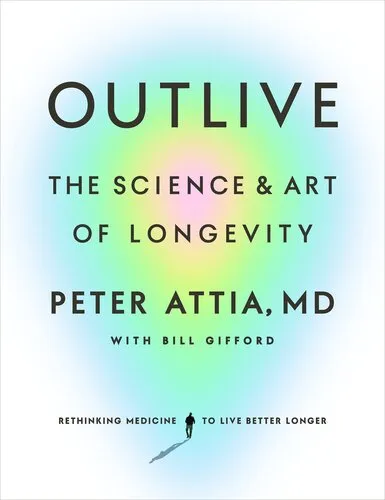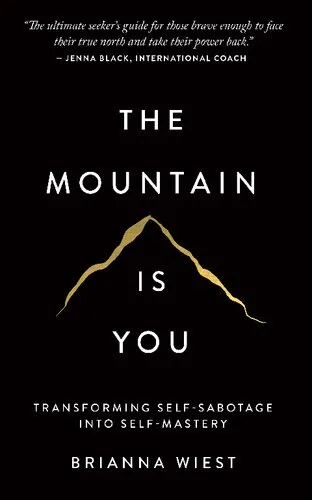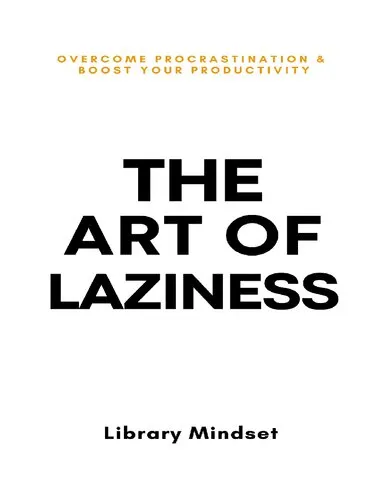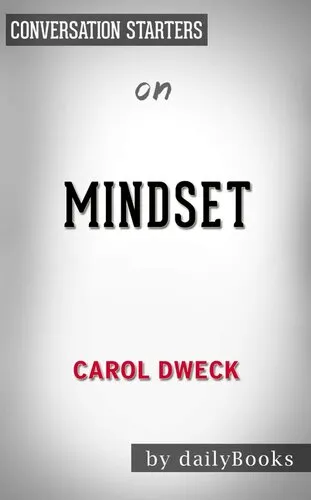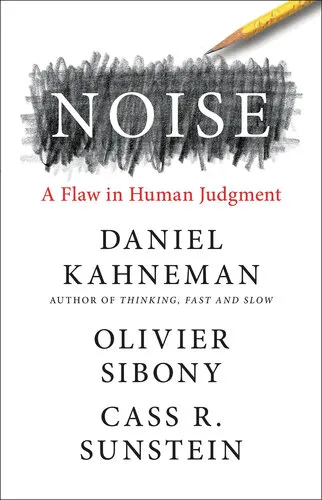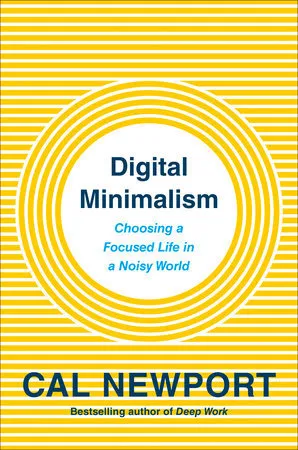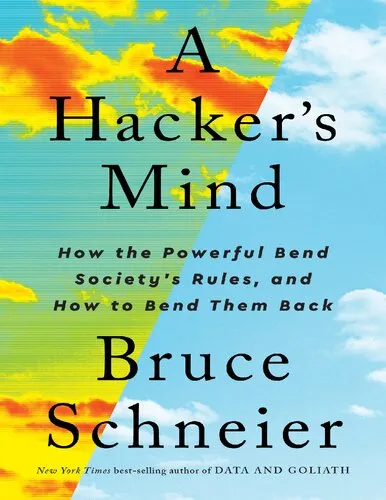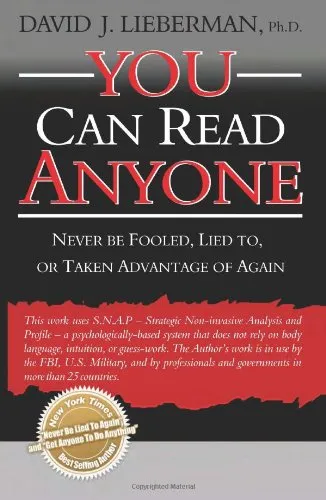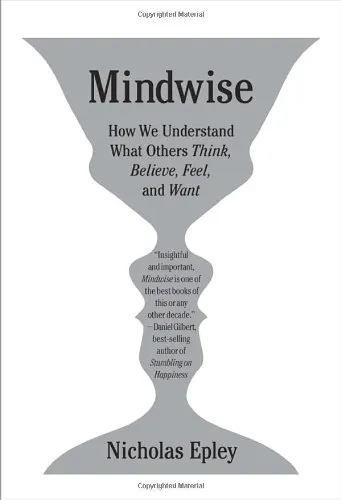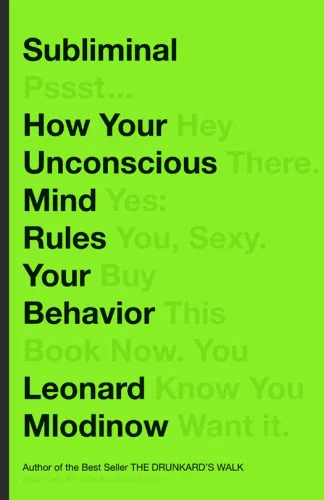The Invisible Gorilla: How Our Intuitions Deceive Us
4.5
Reviews from our users

You Can Ask your questions from this book's AI after Login
Each download or ask from book AI costs 2 points. To earn more free points, please visit the Points Guide Page and complete some valuable actions.Related Refrences:
The Invisible Gorilla: How Our Intuitions Deceive Us
Welcome to the detailed introduction to "The Invisible Gorilla: How Our Intuitions Deceive Us," a groundbreaking book by Christopher Chabris and Daniel Simons that challenges what we think we know about perception, memory, and reasoning.
Detailed Summary of the Book
The book begins with the authors' famous "gorilla experiment," a study that revolutionized our understanding of human perception. Participants were asked to watch a video and count basketball passes between players. During the video, a person in a gorilla costume walks through the scene. Despite its absurdity, many viewers failed to notice the gorilla, illustrating "inattentional blindness." This powerful demonstration sets the stage for a broader exploration into how our mental processes can lead to significant errors in cognition.
Chabris and Simons explore various "illusions" that deceive us daily. These include the illusions of attention, memory, confidence, knowledge, cause, and potential. Each illusion is examined through scientific research and compelling examples that reveal ways our intuitions often betray us. The authors argue that while these cognitive foibles can be amusing, they can also have serious consequences, such as influencing legal judgments, financial decisions, and interpersonal relationships.
Key Takeaways
- Our perception is less reliable than we assume; we miss a lot of what happens around us.
- Memory is not a perfect tape recorder; it's reconstructive and highly fallible.
- Confidence does not correlate with accuracy. Being sure does not mean being right.
- We often overestimate what we know about a topic, which can lead to errors and misunderstandings.
- The illusion of cause can lead us to infer incorrect relationships between events.
- Our potential is not as limitless as motivational speakers might suggest, and expertise requires deliberate practice.
Famous Quotes from the Book
"We can't focus on everything, and when we are focused on one thing, we often miss other things—often surprising, even seemingly obvious things."
"Memory is more like a Wikipedia page: you can go in there and change it, but so can other people."
Why This Book Matters
"The Invisible Gorilla" challenges the perceived reliability of our intuitions, offering a transformative perspective on human cognition. By dissecting the mechanisms behind our cognitive errors, Chabris and Simons provide insights that are crucial for better decision-making in everyday life, from personal choices to professional responsibilities.
This book is vital for psychologists, educators, leaders, and anyone intrigued by the workings of the mind. It prompts readers to rethink their assumptions and equips them with a toolkit for recognizing and mitigating the flaws in their own thinking processes. As society increasingly values data-driven insights and analytics, understanding the cognitive biases discussed in this book becomes even more critical.
"The Invisible Gorilla" also encourages a more skeptical and evidence-based approach to the information that bombards us daily. It highlights the importance of questioning our own perceptions and beliefs, leading to greater self-awareness and, ultimately, wiser decisions.
Free Direct Download
You Can Download this book after Login
Accessing books through legal platforms and public libraries not only supports the rights of authors and publishers but also contributes to the sustainability of reading culture. Before downloading, please take a moment to consider these options.
Find this book on other platforms:
WorldCat helps you find books in libraries worldwide.
See ratings, reviews, and discussions on Goodreads.
Find and buy rare or used books on AbeBooks.
1368
بازدید4.5
امتیاز0
نظر98%
رضایتReviews:
4.5
Based on 0 users review
Questions & Answers
Ask questions about this book or help others by answering
No questions yet. Be the first to ask!
